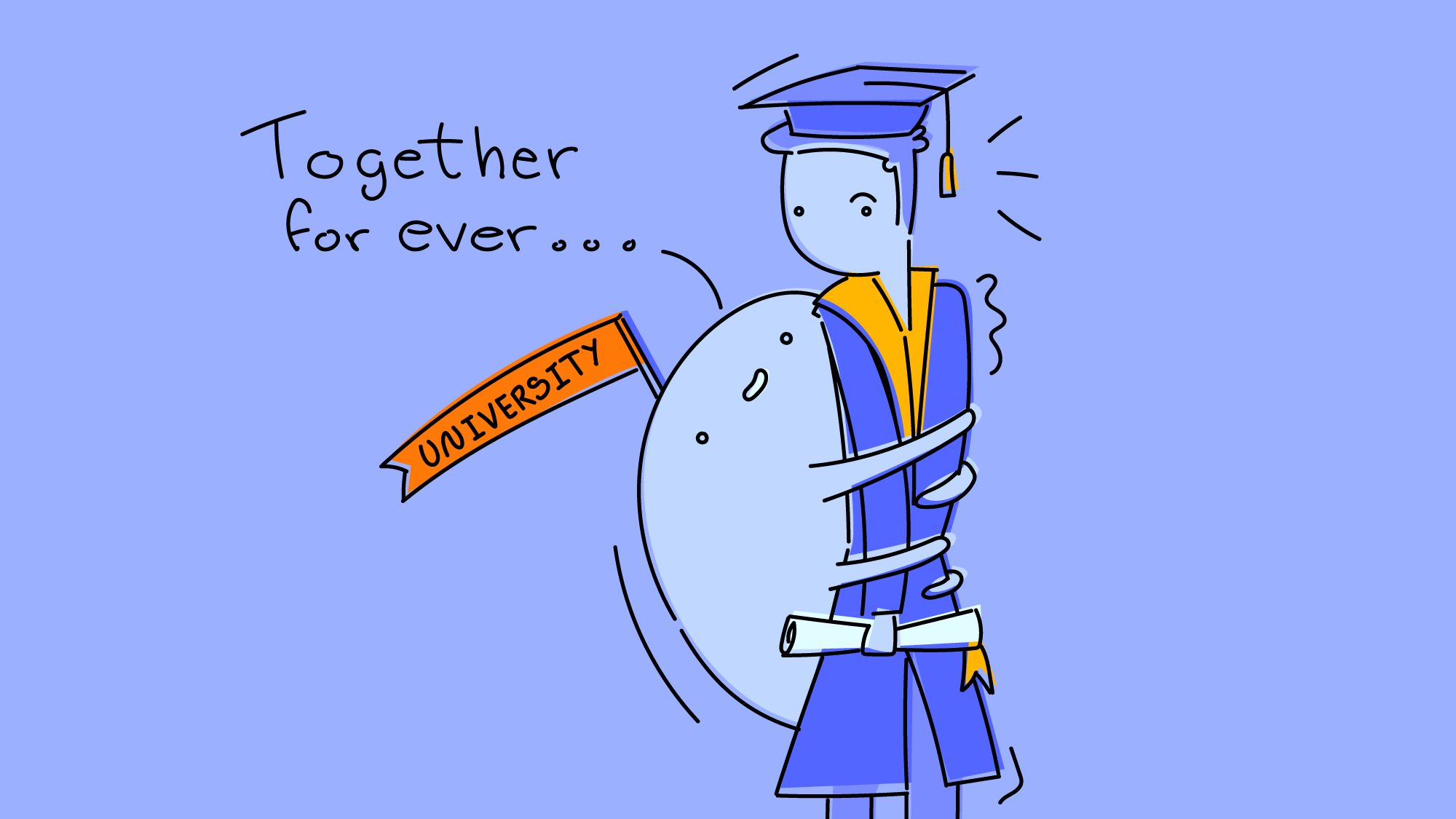University as a Service

(Elite) American universities are fundamentally different institutions from elite British ones -- despite the surface-level similarities, they're selling such separate products that they relly belong in different categories.
The difference? Traditional British universities are institutions you attend for ~3 years to study stuff at, while (elite, private) American universities are a set of paid professional services you subscribe to for life. [In both cases, elite universities are wildly unrepresentative of universities as a whole, and are a tiny tiny share of the total university population, but in certain circles they get 99% of the attention so... here I am talking about them].
Functionally, I think the difference can be explained pretty simply by the economic organisation of universities in these two countries: in the UK they don't traditionally rely on donations from alumni, in the US they do.
In theory, the US university could deliver an amazing four years of services to 18-22 year olds, and then hope/expect that those students would donate in the future purely from gratitude. To some extent they do! But there's an obvious time-inconsistency problem here: the university has to give the student an education while she doesn't yet have bucketloads of money, and hope that she'll pay it back later when she does. And she might want to do that, and even intend to, but... by the time she has money, the university has long ago given her the education, and doesn't have any leverage for it except maybe guilt or obligation.
What's the solution? You might think it's to sell the spots at the university to the parents, directly or indirectly, who more-often have money at the actual time the student is studying – we'll come back to that in a minute. But elite American universities have found a more comprehensive solution.
In short: American Universities sell an ongoing service that alumni receive for the rest of their lives, but are expected to pay for the rest of their lives as well. So American universities offer their alumni lifetime services, perhaps most notably the (formal and informal) Alumni Careers Networks -- if you went to X you get a lifetime right to email other people who once went to X and ask them about (*cough*, for) jobs and favours, creating a massively valuable and ongoing communal good.
The other major service the university sells is that your children will get, as I think Harvard used to modestly put it, "a second look in a competitive field" when they apply for the university themselves, i.e. the more money you donate, the more likely it is that your children will be accepted there. This has the great property, from the University's point of view, that it's a benefit that has an uncertain price and kicks in only after many years of paying for it.
I basically think of this stuff as an archetypal Club Good in the Iannaccone framework: you co-create the good with other people who have paid a costly signal of their commitment to it. But from the revenue side, the main important feature is that it's a service that lasts all your life, and so one you can be billed for in perpetuity. Like software companies, elite American universities have realised you can make more money with subscriptions.